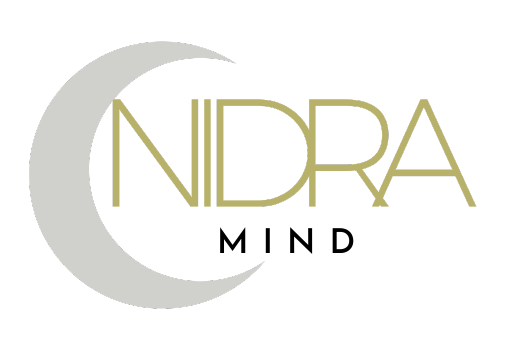ADHD/ADD isn’t a one-size-fits-all condition, and no one understands this better than Dr. Daniel Amen. After decades of research, this renowned psychiatrist and brain imaging specialist has discovered that ADHD is far more complex than we once thought. His groundbreaking work reveals seven distinct types of ADHD, each with its own set of symptoms and, importantly, its own unique treatment path.
By identifying the specific type of ADHD a person has, Dr. Amen’s approach offers the potential for life-changing results. His research shows that effective, targeted treatments can dramatically improve brain function—not by changing who someone is, but by helping them overcome the barriers that prevent them from thriving.
The Science
Using non-invasive SPECT scans to observe blood flow and brain activity, Dr. Amen uncovered that attention difficulties stem from different patterns in the brain. ADHD isn’t just about hyperactivity or distraction—it’s about how various parts of the brain, such as the prefrontal cortex, cerebellum, anterior cingulate, temporal lobes, basal ganglia, and limbic system, interact with neurotransmitters like dopamine, serotonin, and GABA.
The Types
Here’s a breakdown of the seven types of ADHD, along with Dr. Amen’s recommended treatments:
1. Classic ADHD
Symptoms: Inattention, distractibility, hyperactivity, disorganization, and impulsivity. Brain activity decreases during tasks that require focus.
Cause: Dopamine deficiency and reduced blood flow to the prefrontal cortex and basal ganglia.
Treatment: Stimulant medications (Ritalin, Adderall) or natural alternatives like rhodiola, green tea, ginseng, and L-tyrosine; regular physical activity; and fish oil with higher EPA than DHA.
2. Inattentive ADHD
Symptoms: Short attention span, procrastination, disorganization, and daydreaming, often without hyperactivity.
Cause: Low dopamine and reduced activity in the prefrontal cortex.
Treatment: Stimulant medications or supplements like L-tyrosine; a high-protein, low-carb diet; and regular exercise.
3. Over-Focused ADHD
Symptoms: Difficulty shifting focus, getting stuck in negative thought patterns, and obsessive behaviors.
Cause: Overactivity in the anterior cingulate gyrus; low dopamine and serotonin.
Treatment: Supplements such as L-tryptophan, 5-HTP, saffron, and inositol; antidepressants like Effexor or Cymbalta; and neurofeedback.
4. Temporal Lobe ADHD
Symptoms: Memory problems, learning difficulties, quick anger, aggression, and mild paranoia.
Cause: Abnormal activity in the temporal lobes and decreased prefrontal cortex function.
Treatment: GABA, magnesium, anti-convulsant medications for mood stability, and supplements like ginkgo for learning and memory support.
5. Limbic ADHD
Symptoms: Persistent low-grade sadness, moodiness, low energy, and chronic low self-esteem.
Cause: Overactivity in the limbic system (the brain’s mood center) and decreased prefrontal cortex activity.
Treatment: DL-phenylalanine (DLPA), L-tyrosine, SAMe, exercise, fish oil, and dietary adjustments.
6. Ring of Fire ADHD ("ADHD Plus")
Symptoms: Sensitivity to noise, light, and touch; unpredictable behavior; rapid speech; and emotional intensity.
Cause: A ring of hyperactivity around the brain, with excessive activity across the cerebral cortex.
Treatment: Stimulants alone can worsen symptoms. Dr. Amen recommends an elimination diet, calming supplements (GABA, 5-HTP), and anticonvulsants or blood pressure medications to calm hyperactivity.
7. Anxious ADHD
Symptoms: Anxiety, physical stress symptoms, predicting the worst, and freezing under pressure.
Cause: High activity in the basal ganglia (unlike most types of ADD).
Treatment: Calming supplements like L-theanine, magnesium, and holy basil; tricyclic antidepressants (Imipramine or Desipramine); and neurofeedback to ease anxiety and strengthen the prefrontal cortex.
The Takeaway
Dr. Amen’s work offers a refreshing and hopeful perspective on ADHD. By recognizing the nuances of how ADHD manifests in the brain, people struggling with attention issues can receive more precise, compassionate, and effective support. This approach doesn’t just mask symptoms—it unlocks a person’s full potential, allowing them to live with clarity, confidence, and calm.
This information is based on Dr. Daniel G. Amen’s book, Healing ADD: The Breakthrough Program That Allows You to See and Heal the 7 Types of ADD.
Download Amen Clinics free ebook: Treating the brain for 7 TYPES OF ADD

